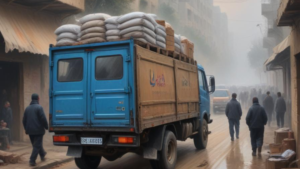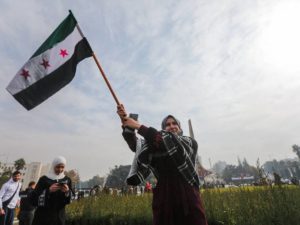WHD is a good time to reflect on and acknowledge the unique role of females in resisting, surviving and helping others overcome the calamity of contemporary war zones and other scenes of suffering. Women and girls often suffer disproportionately in crisis settings. Among the Rohingya in Bangladesh “almost every refugee woman and girl has either survived or witnessed violence, much of it sexual” according to the United Nations. And 60% of preventable maternal deaths occur in conflict and other crisis settings. Nonetheless, women routinely play a critical and decisive role in shaping household and community strategies geared to survival while attending to the needs of those who are most at risk. They are on the frontlines of crises everywhere addressing protection and assistance needs in a humanitarian industry that remains largely the fiefdom of men who occupy most senior decision-making positions. Important and inspirational examples of female leadership include the life-saving deeds of Carola Rackete and Pia Klemp, two young women who were arrested, recently, and accused of engaging in criminal acts because they were the captains of rescue boats in the Mediterranean where some 17,000 individuals have been reported dead or missing since 2014.
Hannah Arendt, who escaped and went on to chronicle and challenge the politics that gave rise to Nazism and World War II noted that “as citizens we must prevent wrongdoing because the world in which we all live, wrong-doer, wrong sufferer and spectator, is at stake.” At a time of shocking indifference to anti-migrant policies – from Australia to Europe, from Myanmar to the US border – and to the plight of civilians caught up in unregulated warfare from Afghanistan to Yemen and from South Sudan to the Cameroon, everyone has a role to play in making the world a safer place for women and their families, and advancing gender equality, an essential ingredient of effective humanitarian action.
© OCHA/NHF/AHI











